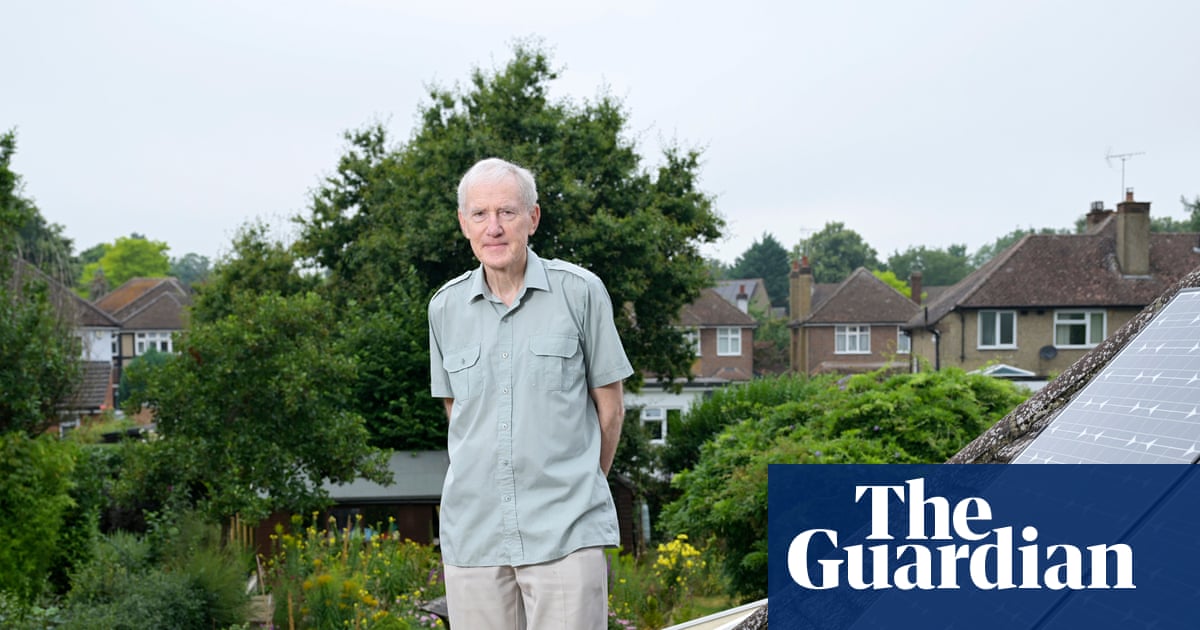
"We, in the climate business, all owe a great deal to Mrs Margaret Thatcher. Her politics were anathema to me and to many Guardian readers. But she prided herself on being a scientist before she was a politician. It was Thatcher's inquiring mind that first demanded a scientific briefing about the dangers of the hole in the ozone layer, and subsequently on another even greater potential catastrophe, climate change."
"As a general reporter on the paper, first assigned to cover nuclear power when the science editor was ill, I was allowed to sign on as a crew member of various Greenpeace ships. I went on voyages to block the Sellafield pipeline draining plutonium into the Irish Sea, I took trips round the coast highlighting sewage dumping and all manner of unlicensed chemical waste pipelines."
Margaret Thatcher's scientific background led her to demand briefings on the ozone hole and on climate change, bringing early government attention to both issues. A national newspaper increased environmental coverage as Friends of the Earth, Greenpeace, and WWF grew and drew young members. A reporter joined Greenpeace ships to block the Sellafield pipeline, expose sewage dumping and illegal chemical waste discharges, and covered international fisheries and ocean protection conferences. A Greenpeace expedition spent three months in Antarctica and helped secure international agreement to designate Antarctica as a world park. Satellite dispatches from Antarctica expanded public awareness.
Read at www.theguardian.com
Unable to calculate read time
Collection
[
|
...
]